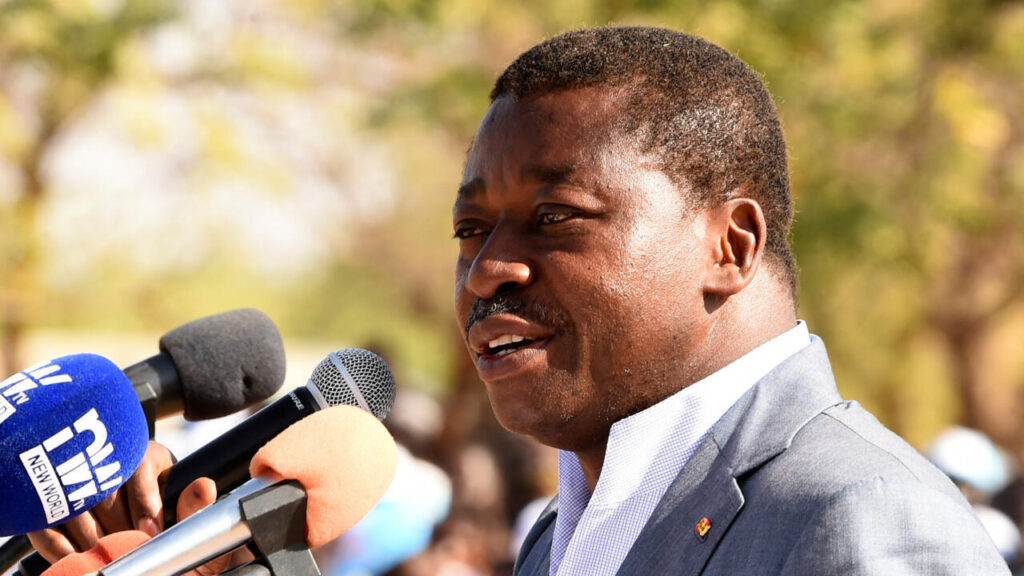Gnassingbé Assumes New Role in Togo Amid Controversy
The president of Togo, Faure Gnassingbé, has officially been inaugurated as the “President of the Council of Ministers.” This newly established position serves as the pinnacle of the executive branch of the government, notably lacking any defined term limits. This new appointment follows a recent overhaul of the country’s constitution, which has replaced the presidential election system with a parliamentary framework.
Changes Spark Outcry
The constitutional amendments have been met with significant criticism from opposition groups, who argue that the changes have been instituted to facilitate Gnassingbé’s longer reign. The president has been a central figure in Togo’s political landscape for the past 18 years, following his succession from his father, Gnassingbé Eyadéma, who held power for nearly four decades.
Critics have labeled the constitutional overhaul as an “institutional coup d’état,” claiming it is a strategic maneuver to legitimize his prolonged leadership. Despite facing backlash and pushback from various sectors of the society, the administration has proceeded with the transition.
Electoral Context
The upcoming municipal elections, scheduled for July, will be the initial electoral exercise conducted under the new constitution. The shift to a parliamentary system theoretically relegates the role of president to a ceremonial title. However, experts suggest that with the consolidation of power through the council presidency, Gnassingbé’s influence is stronger than ever.
| Political Figures | Years in Power |
|---|---|
| Gnassingbé Eyadéma | 38 years |
| Faure Gnassingbé | 18 years |
Political Dominance and Future Prospects
In the last parliamentary election, Gnassingbé’s party, the Union for the Republic, dominated by capturing 108 out of the 113 available seats in Togo’s National Assembly. This significant majority has further entrenched Gnassingbé’s control in the newly formed parliamentary system, solidifying the perception that his governance is aimed at ensuring continual oversight of the nation’s political framework.
As Togo moves forward under this new structure, the ramifications of these changes will undoubtedly be felt in the upcoming elections and beyond, prompting questions about the future of democracy and representation in the nation.


